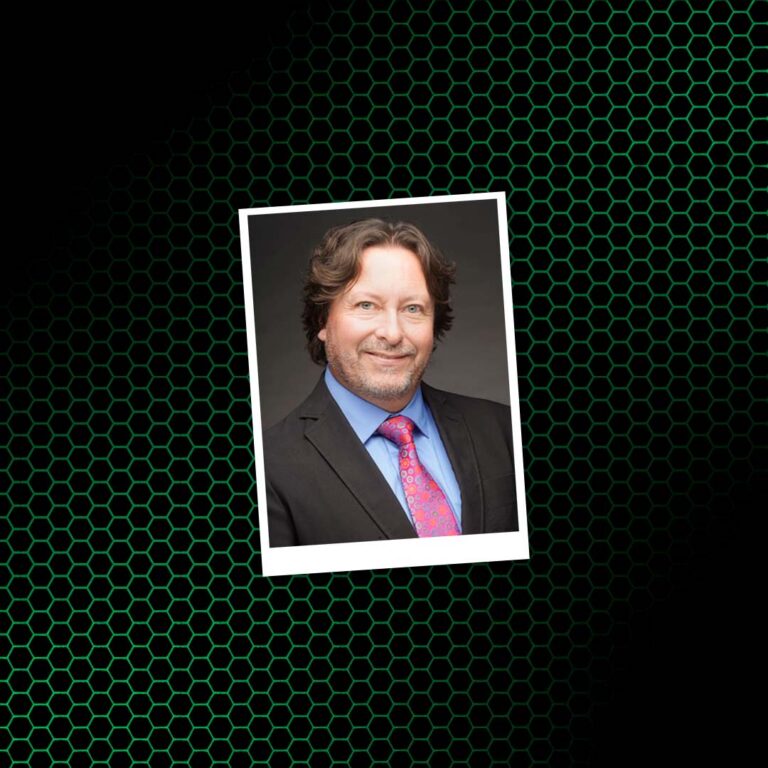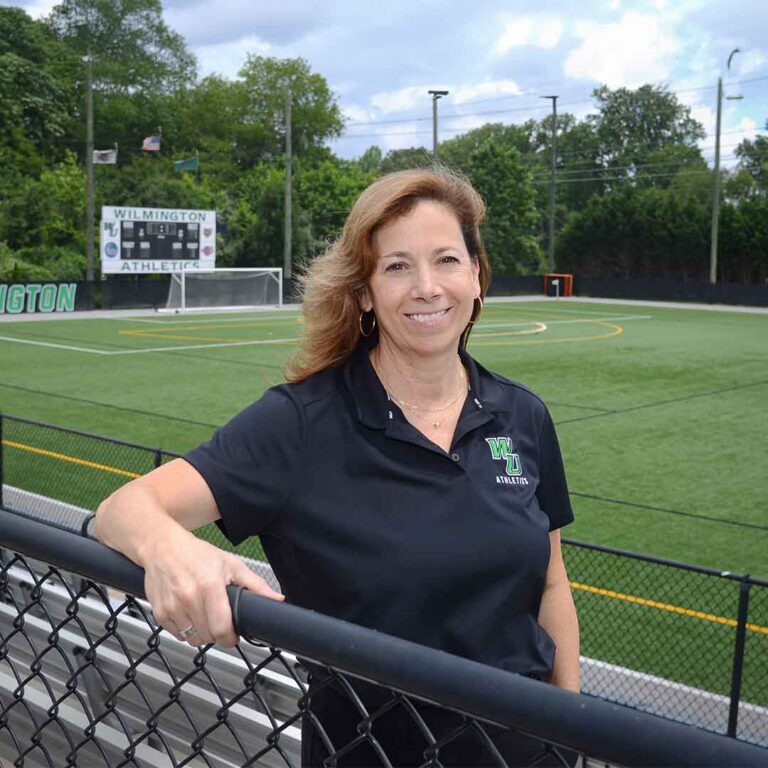A Model For Public Service Training
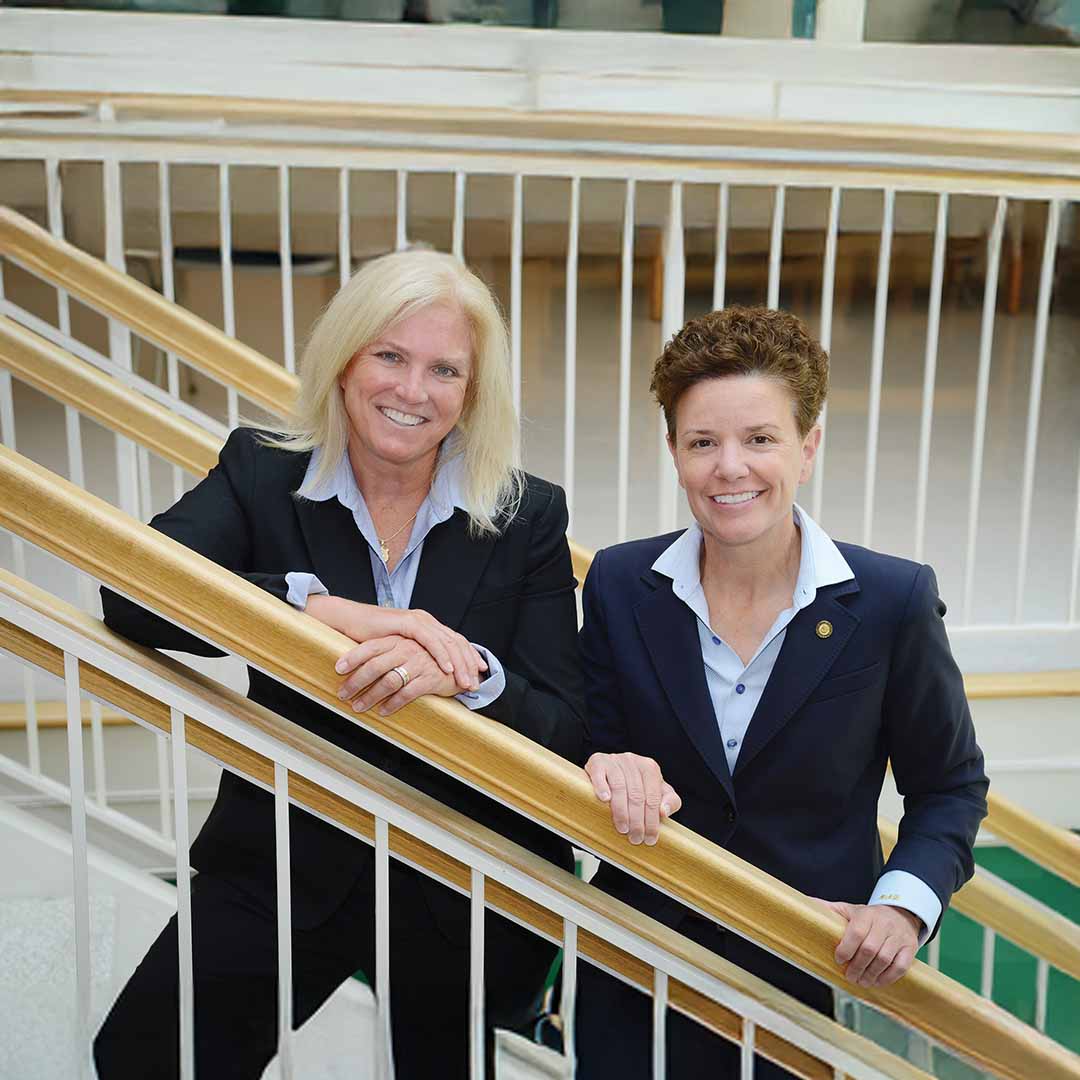
Wilmington University’s newest initiative, the Center for Law, Justice and Society, opened May 1 on the Dover campus — and it’s already positioned to make a meaningful impact in Delaware and beyond.
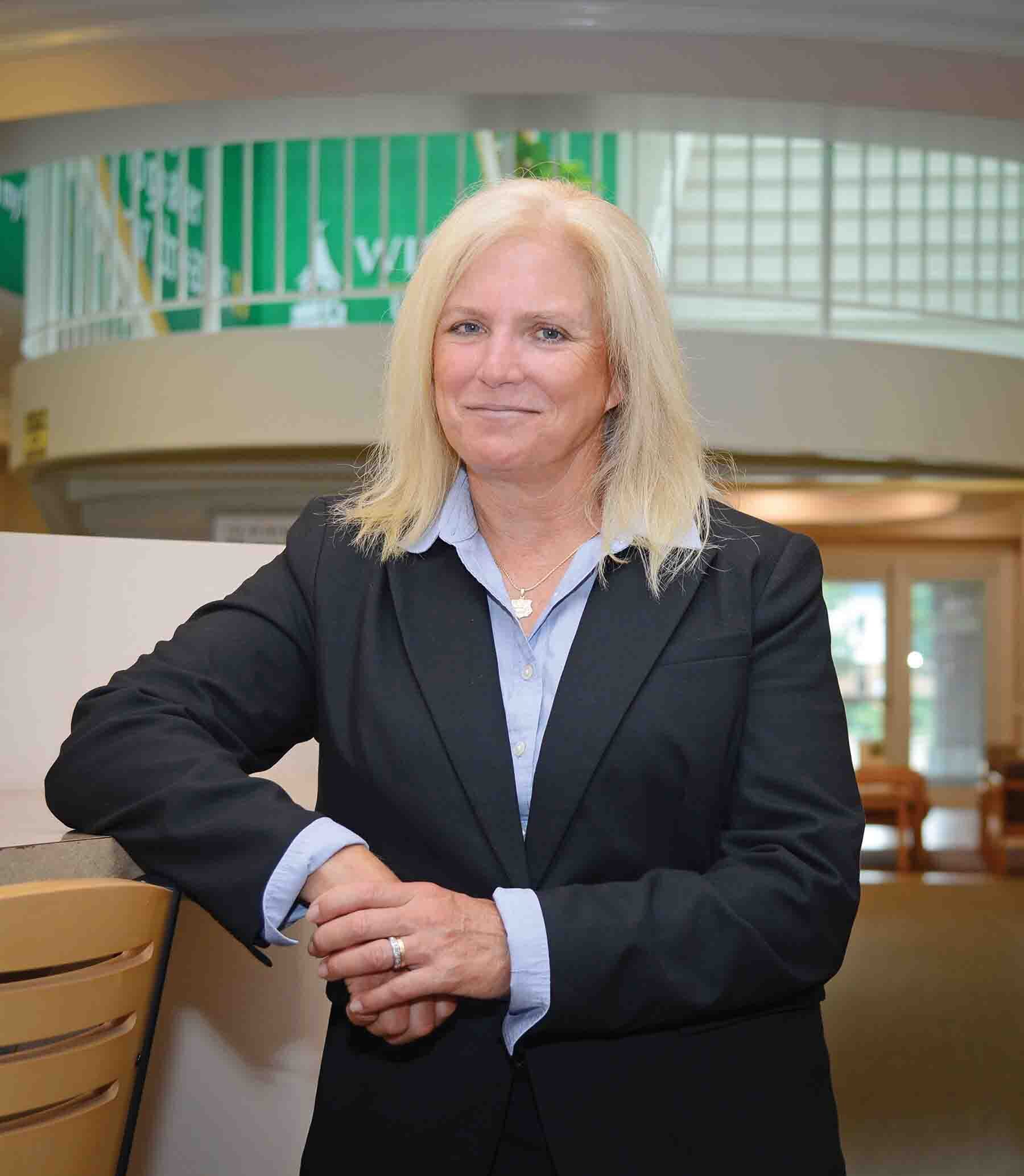
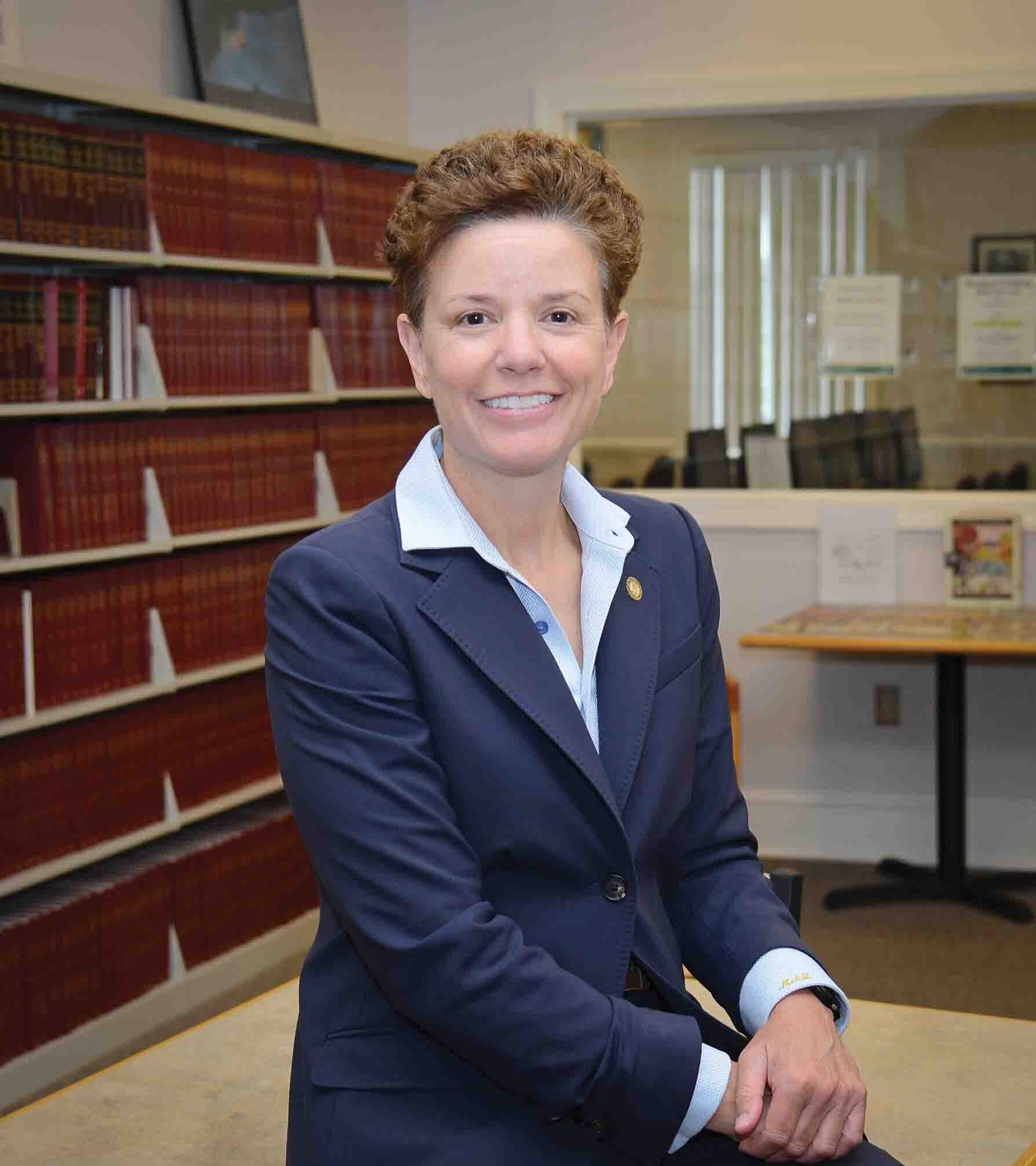
At its core, the Center for Law, Justice and Society is about preparation. It equips students pursuing careers in law enforcement, forensic science, and legal studies with the tools and training they need to lead with skill and integrity. But its mission goes further. This is also a place for professionals already in the field — police officers, military personnel, and public safety officials — to sharpen their expertise and stay current with evolving standards and practices.
“We are proud to expand our academic offerings in ways that directly support those who serve our communities,” says Wilmington University President Dr. LaVerne Harmon. “The Center for Law, Justice and Society reflects our mission to provide practical, career-focused education that empowers students and professionals to make a meaningful difference. It is also led by individuals who have dedicated their lives to public safety — they understand the work, the challenges, and the calling.”
Col. Melissa Zebley, former superintendent of the Delaware State Police, serves as executive director. A respected leader with advanced training from institutions like the FBI National Academy and Northwestern University, Zebley also holds a master’s degree from Wilmington University. In 2024, she was inducted into the Delaware Women’s Hall of Fame.
The Center’s associate executive director is Maj. Laura O’Sullivan, a 32-year veteran of the New Castle County Police Department, where she led in patrol, investigations, training, and special operations, including more than a decade as a SWAT team member and commander. Like Zebley, she is also a graduate of the FBI National Academy, holds a graduate degree from WilmU, and brings decades of instructional experience as an adjunct professor.
The Center incorporates the University’s Criminal Justice Institute, deepening its partnerships with community organizations. That integration reflects a growing recognition that public service education must be as connected to the community as it is to the classroom.
— Maria Hess
Want to read more in-depth stories? Explore our latest magazine articles.
